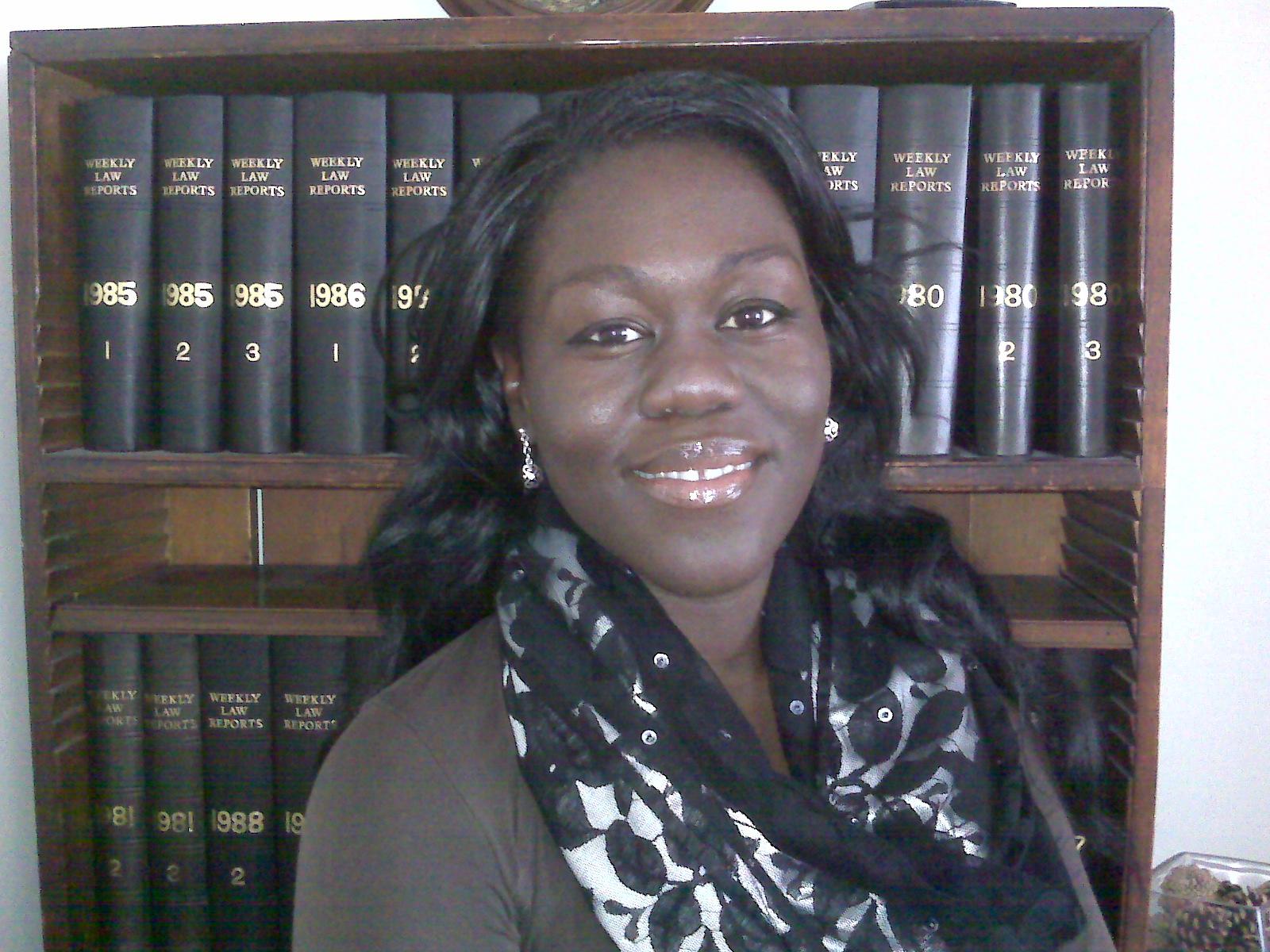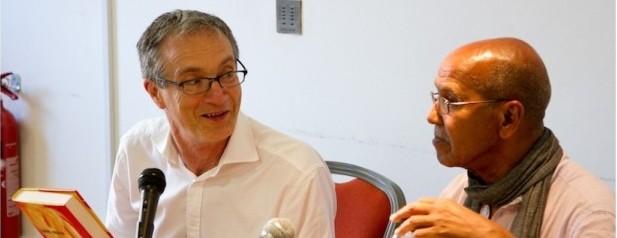A Waste of Hope
Those who believe in justice, truth and accountability should demand the highest professional and ethical standards of the Prosecutor of the ICC. Any failings in these respects can do incalculable damage to the prospects for justice, and the future of the ICC. We believe that the Prosecutor of the ICC isn’t up to the job and it is time to be frank about his shortcomings. And we are not alone. Many groups that support the ICC publicly are privately concerned by Luis Moreno Ocampo’s management of the Court. Some of his most capable and committed staff have quit, in exasperation and despair at his performance. Kofi Annan described the ICC as a ‘gift of hope’ to the world. It can still become that. You can read our account in World Affairs.






Dear Flint
I have been following your relentless criticism of the ICC as well as that of Alex De Waal in this blog for quite a time now. Whether one agrees or disagrees with you is no longer an issue of relevance. I believe what is more important at this juncture, is to put greater efforts in searching for a way out of this situation. Such shift of emphasis will enable using much of the time and energy -currently wasted in proving the ICC wrong- to analyze the status quo, identify the critical factors/ elements that could provide a key to the resolution of the conflict and lead to sustainable peace in Darfur and consequently the Sudan as a whole.
One example of such unexplored facts is that the majority of the influential and powerful Arab tribes in the region such as the Riziggat have stayed neutral in the most part of this conflict. Another fact is related to the trans-border extension of the conflict; bringing in regional actors from countries such as Chad, Central Africa and probably as far as the Tawarigs of the Niger. All these factors interact in a context, which suffers from severe and widespread poverty . A thing that maks it easy for the government of Sudan to seek and recruit -as Alex rightly put it-counter insurgency on cheap.
There is a huge need for a serious research, in order to come up with a workable peacemaking and peacebuilding strategy.
I should mention that some of these ideas were shared with Alex De Waal as early as 2006 and I hope that things will start to move towards embarking on a fruitful discussion that will envision the future and bring in more objective dialogue.
Hamdan Goumaa
USA, California
Dear Hamdan,
Welcome, and good to see you contributing to this forum. I am sure Alex would recall our work together on some of the hot issues in the Horn between 1997 – 2000.
Dear Alex I think the Sudanese government agrees with you on this assumption “We believe that the Prosecutor of the ICC isn’t up to the job “. The question is it possible for any other prosecutor appointed by the ICC to go on with Darfur war crimes cases or will the whole thing be blown up if Ocampo is gone?
Dear Khalid,
I think yours is the most important question to be posed. I expect that if the current ICC approach prevails, the situation will remain frozen. There will be no progress on accountability and justice–in all its manifestations–will be indefinitely postponed.
Justice is not just a matter of bringing one or several high-profile individuals to court. There is a whole panoply of things that need to be done if we are to be able to say that the people of Darfur have received justice. I think that the many different components of justice, ranging from compensation and restitution, through truth-telling and apology, not forgetting creating the institutions and norms to ensure that impunity is ended, to criminal accountability for the most heinous crimes committed. All must be pursued. A change in the prosecutor of the ICC would not, in and of itself, add up to a resolution of these issues.
I believe that Darfurians, all Sudanese citizens, and all those concerned with the crisis, need to reflect on the fact that the challenges of accountability in Darfur were present before the case was referred to the ICC, and will still need our attention whatever the ICC does. This is one way in which the AU’s High-Level Panel on Darfur could frame its task.
Alex
The ICC’s arrest warrant seems to be going down the pile of other countless resolutions and decisions that addressed the crisis in Darfur. Whether this is the result of Luis Moreno Ocampo’s questionable professionalism or other objective facts in the international scene, the crisis in Darfur is still there. In fact, the crisis was there long before the ICC’s decision. As a Sudanese living in Sudan, the ICC’s decision added additional elements of complexity to the crisis. We all recall JEM’s statements following the inditement of Al-Bashir. The expulsion of NGOs was a direct and instant outcome. The doubts expressed by many about the ability of the ICC to serve justice is yet another issue. A puzzling fact is that most of the staunch supporters of the inditement are silent at the present time. Whether this silence is out of embarassment or a realization of a gross miscalculation, the fact remains: still we have a crisis that is going on and needs a solution.
One could perhaps think a bout a UNSC effort to deal with the ICC arrest warant. Such an effort might result in some sort of a compromise, although I would think that this is unlikely to happen. The UNSC failed even to reach a stand on the expulsion of aid agencies!
The question of justice “without the ICC” is tricky and challenging; no less bamboozling than the ICC’s case. It was actually the failings of national justice that got us into where we currently are. One doubts even about “hybrid courts.” Perhaps, as some of the blogers suggested, experiences of other countries could be embraced. Having said this, I firmly believe that peace must be achieved for justice to be realized; whether “court justice” or any other kind of justice.
Munzoul Assal
Khartoum